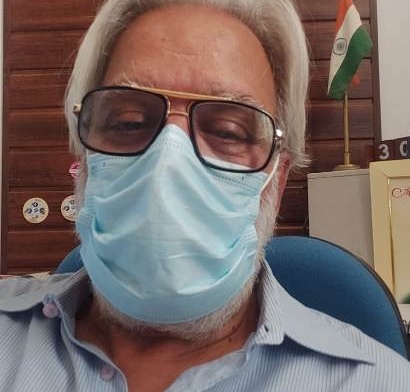
Unlocking the Healing Power of Writing: Transforming Emotions, Clarity, and Creativity
Unlocking the Healing Power of Writing: Transforming Emotions, Clarity, and Creativity
We need to explore the transformative power of writing and how it can help us process emotions, gain clarity, and unlock creativity. Writing is not just for professional authors—it’s a tool anyone can use to heal, grow, and reimagine their life.
Writing helps us understand ourselves on a deeper level. Putting pen to paper reveals hidden thoughts, feelings, and patterns that shape our lives. Writing creates space for introspection and allows us to explore who we are and what we truly want.
We don’t need to have everything figured out before we start writing. Writing is often the process that brings clarity. By letting thoughts flow onto the page without judgment, we begin to make sense of them and find answers we didn’t know we were seeking.
One of the most valuable aspects of writing is its ability to help us process difficult emotions like anger, sadness, or fear. Writing allows us to confront our feelings safely and constructively, offering relief and a sense of closure. This process can be deeply healing and empowering.
The myth is that writing is only for professional authors or people who are naturally talented. Writing is a skill and a habit that anyone can develop, regardless of experience. The act of writing is what matters—not the quality or polish of the final product.
We need to start small, emphasizing that even a few minutes of writing each day can have a profound impact. Whether it is journaling, freewriting, or jotting down a few thoughts, consistency is more important than intensity. Over time, this small habit can lead to significant personal growth and transformation.
We all carry stories about ourselves and our lives—some empowering, others limiting. Fallon explains that writing allows us to identify and rewrite these narratives. By examining the stories we tell ourselves, we can let go of those that no longer serve us and create new ones that align with our goals and values.
Writing isn’t just about self-reflection—it’s also a gateway to creativity. Fallon argues that the act of writing activates parts of the brain that foster imagination and problem-solving. Whether you’re an artist, entrepreneur, or simply someone looking for fresh ideas, writing can help you tap into your creative potential.
Through writing, we can confront challenges, reflect on setbacks, and find meaning in our struggles. Fallon demonstrates that writing strengthens our emotional resilience by helping us process adversity and reframe difficulties as opportunities for growth. This practice equips us to navigate life’s ups and downs with greater confidence.
One of the biggest barriers to writing is the fear of getting it wrong. There is a need to encourage readers to let go of perfectionism and embrace the messiness of writing. The point is not to produce flawless work—it’s to express yourself honestly and authentically. When you stop worrying about perfection, writing becomes a joyful and freeing experience.
Frankly speaking, writing is a habit that can change your life. By writing regularly, you can gain clarity about your goals, heal from past wounds, and create a vision for the future. Writing isn’t just a tool for self-expression—it’s a pathway to growth, healing, and transformation.
Many writers have said that writing is much more than a creative outlet—it’s a powerful tool for self-discovery, healing, and personal growth. Whether you’re looking to process emotions, solve problems, or reimagine your life, writing can help you unlock possibilities you never thought possible. The crux is that you don’t need to be a great writer to benefit from writing. All you need is a willingness to show up, put pen to paper with your spontaneous thoughts and trust the process. By embracing this habit, you can create a life of greater clarity, creativity, and fulfilment.




